
Cicconi
The Telecommunications Act of 1996 was the first major overhaul of telecommunications law in almost 62 years, and the deregulation measure supported with ecstasy by many in the telecom industry was signed into law by none other than President Bill Clinton, opening the door to a massive wave of industry deregulation and multi-billion dollar media consolidation.
It therefore comes as no surprise — to some at least — that AT&T’s top lobbyist Jim Cicconi, perhaps rivaled only by Comcast’s David Cohen in power and influence, has endorsed Hillary Clinton for president. The Wall Street Journal reported Cicconi has joined several other Republican corporate executives signing up for Team Hillary this election cycle.
Cicconi is voting Democratic this year, despite supporting every Republican presidential candidate since President Gerald Ford’s run against Jimmy Carter in 1976. This year is different, he claims.
 “I think it’s vital to put our country’s well being ahead of party,” he said in a statement provided by the Clinton campaign. “Hillary Clinton is experienced, qualified, and will make a fine president. The alternative, I fear, would set our nation on a very dark path.”
“I think it’s vital to put our country’s well being ahead of party,” he said in a statement provided by the Clinton campaign. “Hillary Clinton is experienced, qualified, and will make a fine president. The alternative, I fear, would set our nation on a very dark path.”
Comcast’s David Cohen is also well-known for leaning to the left, and has been considered a friend of the Obamas since they took office in 2009. Cohen hosted 120 people in his home for a dinner in 2011 on behalf of Obama’s 2012 re-election campaign. It was an expensive dinner — each guest contributed at least $10,000.
The alternative, Donald Trump, represents what corporate America and Wall Street hates above all else – unpredictability and uncertainty.
Telecom issues have not made a big splash this year in either campaign, and regardless of who wins, their appointments to regulatory agencies like the FCC can have a major impact on consumer broadband initiatives and public policy. A Clinton administration could result in appointments of “centrist” Democrats that Bill favored during his two terms in office. Many of those former regulators are now lobbyists for the telecom industry. Or Hillary could move closer to Obama’s surprisingly tough pro-consumer policies on broadband issues and keep Thomas Wheeler at the helm of the FCC for a few more years.
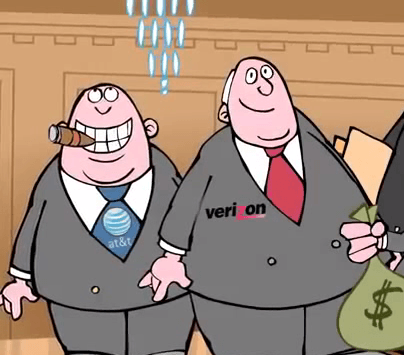 Cicconi would be pleased to see someone like former Tennessee congressman Harold Ford, Jr., take a seat at the FCC under a future Clinton Administration instead. Ford has served as an honorary co-chairman of Broadband for America, an industry-sponsored astroturf operation, for most of Obama’s two terms in office. He remains a close friend of both Bill and Hillary and is never far from the public eye, turning up regularly on MSNBC.
Cicconi would be pleased to see someone like former Tennessee congressman Harold Ford, Jr., take a seat at the FCC under a future Clinton Administration instead. Ford has served as an honorary co-chairman of Broadband for America, an industry-sponsored astroturf operation, for most of Obama’s two terms in office. He remains a close friend of both Bill and Hillary and is never far from the public eye, turning up regularly on MSNBC.
Broadband for America supports deregulation, opposes Net Neutrality, and essentially shills for its corporate sponsors. Rep. Ford would likely oppose Net Neutrality and continue support for near-total deregulation.
Verizon has also shown itself to be a Friend of Hillary. Three Verizon vice presidents each donated $2,700 to Hillary for America. They were joined by a senior vice president and another vice president, who gave an additional $1,000, according to Salon. A former Hillary Clinton operative who now lobbies for Verizon donated $2,700 as well, along with another Verizon lobbyist who pitched in $1,000.
While Bernie Sanders joined striking Verizon workers on the picket line, the Clinton campaign was cashing checks worth tens of thousands of dollars from Verizon executives and lobbyists. In May 2013, the telecom company paid Hillary a $225,000 honorarium in return for a speech (the text has not been disclosed) to Verizon executives.
The Clinton Foundation also benefited from Verizon contributions ranging from $100,000-250,000.


 Subscribe
Subscribe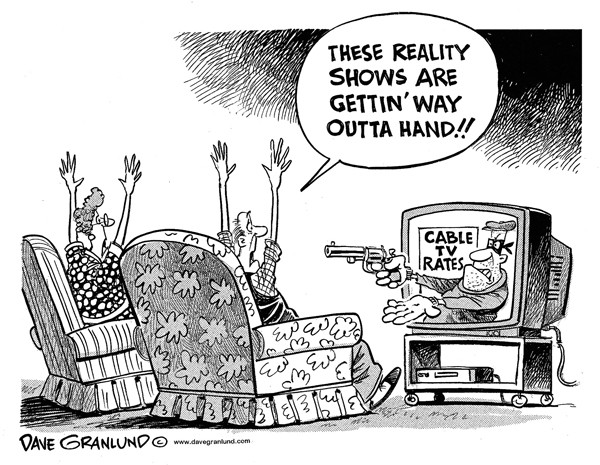 The Federal Communications Commission
The Federal Communications Commission 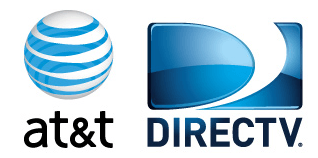 Polka pointed to AT&T’s acquisition of DirecTV as an example of how disproportionate fees cost small independent cable companies much more on a per-subscriber basis than telecom giant AT&T has to pay for almost 20 million DirecTV satellite customers.
Polka pointed to AT&T’s acquisition of DirecTV as an example of how disproportionate fees cost small independent cable companies much more on a per-subscriber basis than telecom giant AT&T has to pay for almost 20 million DirecTV satellite customers.![This spring, The Consumerist broke down a typical AT&T U-verse bill loaded in junk fees and surcharges. (The RED numbers [1, 4-10, 13-14, 17-20, 22] are AT&T-originating fees; BLUE numbers [2-3, 11-12, 15-16, 21, 23-25] are government fees)](https://stopthecap.com/wp-content/uploads/2016/06/att-fees-640x926.png)
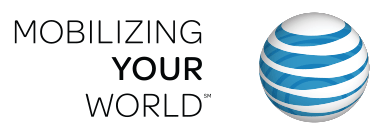 An AT&T executive casually told an audience attending the Wells Fargo 2016 Convergence & Connectivity Symposium that a significant part of
An AT&T executive casually told an audience attending the Wells Fargo 2016 Convergence & Connectivity Symposium that a significant part of 

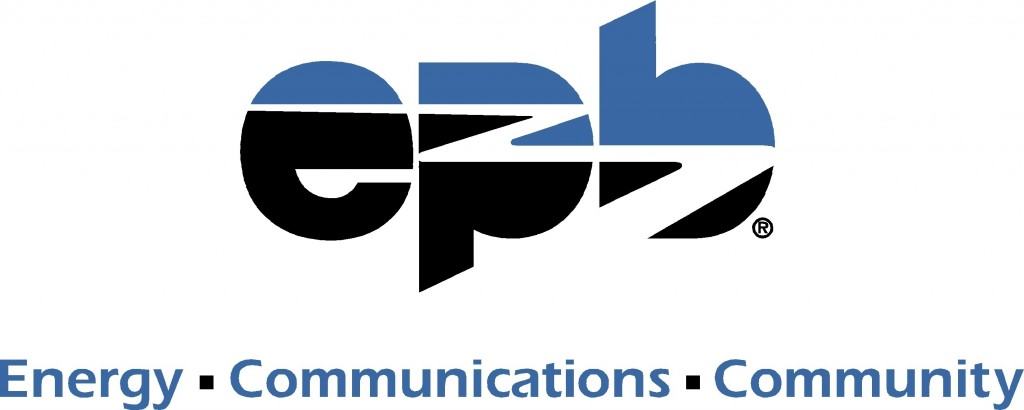
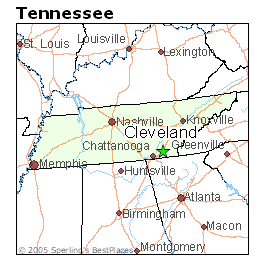 “[What] convinces me to back expansion of the EPB of Chattanooga is the fact that they received $111 million in stimulus funds, and in the next five years AT&T alone will receive $156 million of your money [in government funding] assessed every month on your bill to provide 10/4-gigabit service in those areas,” Carter explained to the Chattanooga Times-Free Press. “If the EPB’s $111 million matching grant somehow disqualifies those benefits going to my constituents, how do I explain to them that AT&T is receiving non-matching funds?”
“[What] convinces me to back expansion of the EPB of Chattanooga is the fact that they received $111 million in stimulus funds, and in the next five years AT&T alone will receive $156 million of your money [in government funding] assessed every month on your bill to provide 10/4-gigabit service in those areas,” Carter explained to the Chattanooga Times-Free Press. “If the EPB’s $111 million matching grant somehow disqualifies those benefits going to my constituents, how do I explain to them that AT&T is receiving non-matching funds?”

